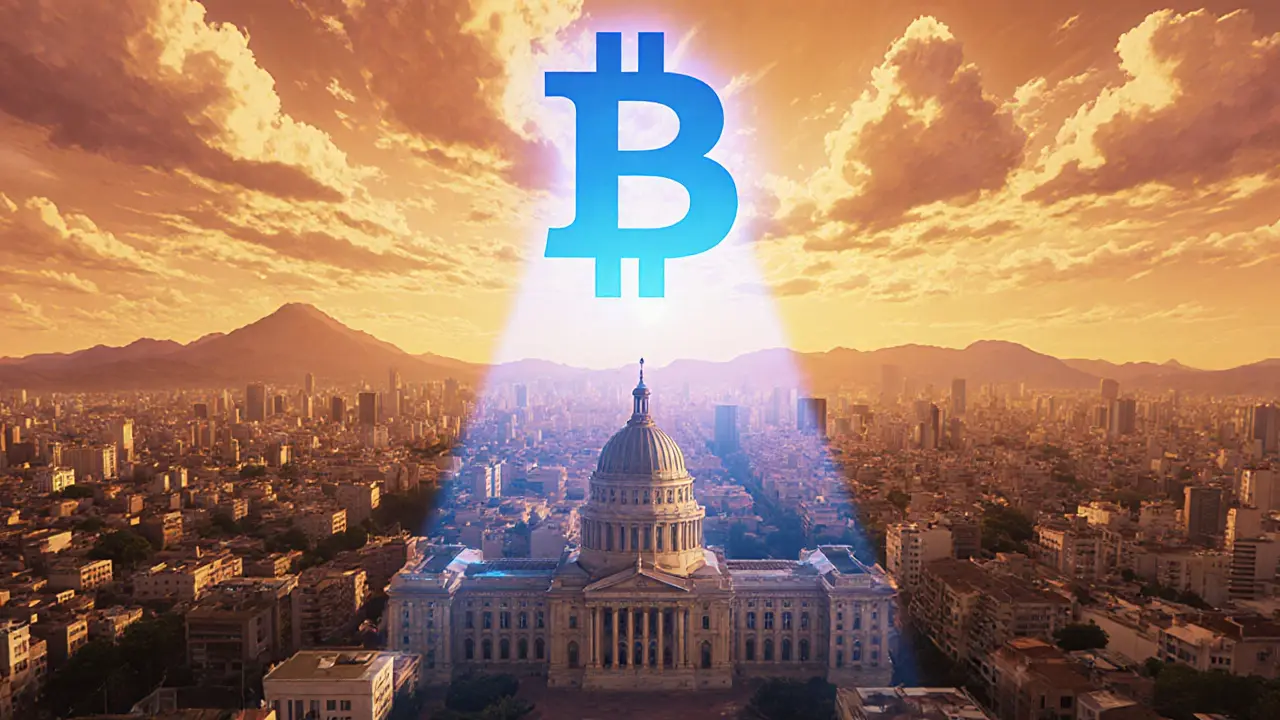International Response in the Crypto World
When talking about International response, the collective actions taken by governments, regulators, and enforcement agencies toward cryptocurrency activities across borders. Also known as global crypto policy, it shapes everything from token listings to user access. The International response isn’t a single rule‑book; it’s a patchwork of laws, bans, and incentives that evolve with market pressure.
Key Elements Shaping the Global Landscape
One major piece of the puzzle is crypto regulation, the set of legal frameworks that define how digital assets can be issued, traded, and taxed in a given jurisdiction. In places like the Philippines, regulators have blocked 20 unlicensed exchanges, demonstrating how regulatory crackdown directly influences market access. Another critical component is exchange bans, government orders that prevent crypto platforms from operating or serving residents. These bans often follow AML concerns or perceived financial stability risks, and they ripple through global liquidity.
Beyond trading, many countries impose mining restrictions, rules that limit or prohibit cryptocurrency mining due to energy consumption or environmental impact. Kosovo’s 2022 mining ban and China’s VPN legal risks illustrate how energy policy and internet control can throttle on‑chain activity. Together, these elements create a feedback loop: stricter regulation fuels exchange bans, which in turn push users toward alternative platforms, prompting new legal challenges.
Understanding these relationships helps you anticipate market shifts. For example, a new AML directive (regulatory crackdown) can trigger an exchange ban in a neighboring country, which then forces miners to relocate or shut down (mining restriction). This chain reaction is why staying informed about the International response matters for traders, developers, and investors alike.
Below you’ll find a curated collection of articles that dive deep into specific cases—from the Philippines’ exchange block to VPN risks in China, from airdrop eligibility under different regimes to the impact of mining bans in Kosovo. Each piece breaks down the practical implications, so you can see how global policy decisions translate into real‑world crypto actions.
 4 Aug 2025
4 Aug 2025
Explore how the IMF, legal scholars, and crypto fans reacted to El Salvador's Bitcoin legal tender law, its on‑ground adoption data, and what the experiment means for other nations.
View More
